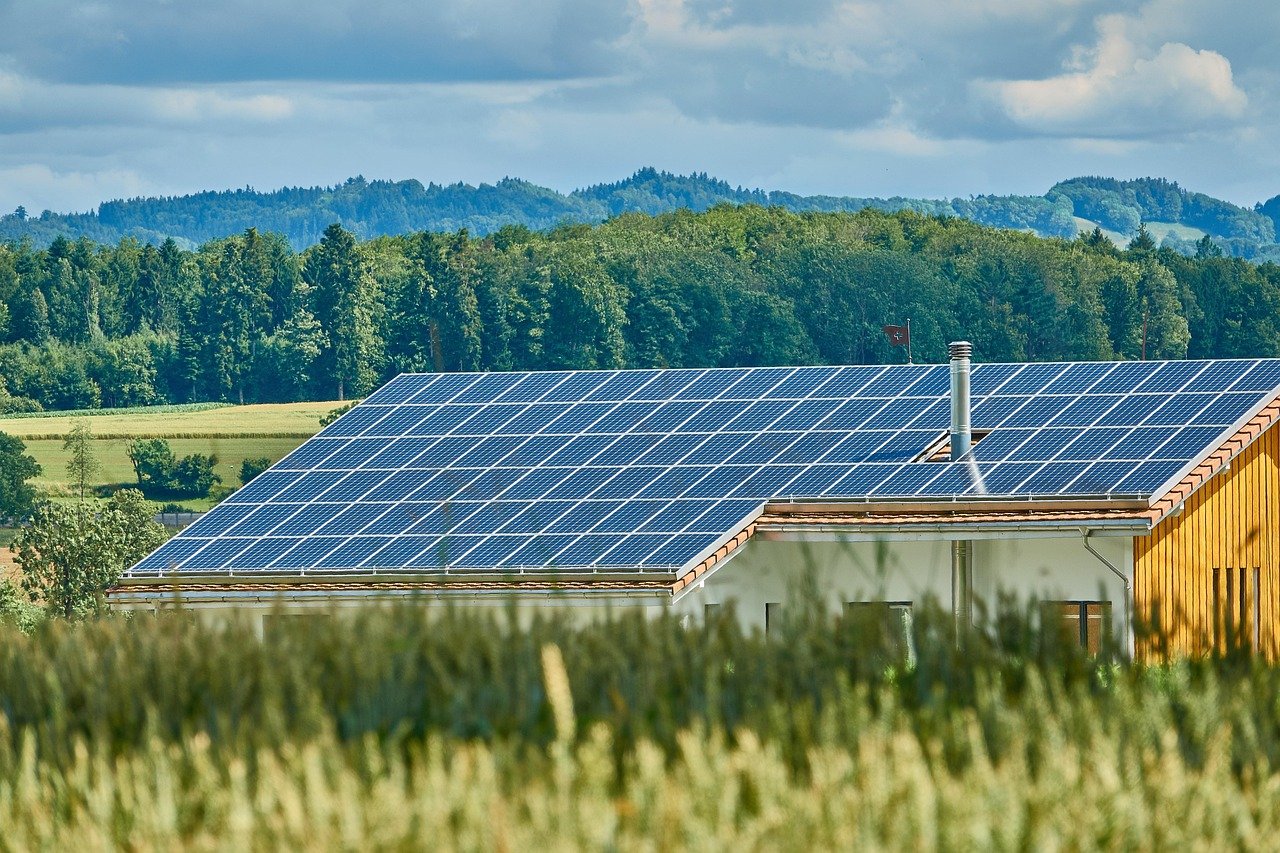
As the climate crisis intensifies and global energy demand accelerates, Australia finds itself at the crossroads of innovation and necessity. With abundant natural resources and a surging startup ecosystem, the nation is quickly becoming a launchpad for green technology startups reshaping how we power the future.
Australia’s vast geography and high solar irradiance make it an ideal setting for renewable energy development. Couple this with increasing government support, private investment, and global pressure to decarbonise, and it’s no surprise that green startups are gaining ground rapidly.
Startups like 5B and SunDrive are revolutionising solar installation and manufacturing. 5B's "Maverick" pre-fabricated solar arrays reduce deployment times from weeks to days. Meanwhile, SunDrive’s breakthrough copper-based solar cells replace expensive silver, making panels cheaper and more sustainable.
"Australia is blessed with sun. Now we’re exporting not just energy, but solar innovation itself."
While solar gets the headlines, wind power is quietly expanding thanks to advancements in blade design and offshore potential. Startups like Windlab are combining AI forecasting with modular turbines to improve yield and cut downtime.
Battery storage is another frontier. Companies such as Relectrify are reusing EV batteries to create affordable energy storage for off-grid communities—a solution perfect for regional Australia.
Green hydrogen, made using renewable electricity and water, has become Australia’s clean fuel obsession. Startups like Hysata and Endua are leading breakthroughs in electrolyser efficiency and hydrogen microgrids.
Queensland and Western Australia are seeing a boom in pilot projects designed to export hydrogen to Asia. If successful, Australia could become the “Saudi Arabia of green hydrogen.”
Federal and state governments have launched initiatives like the National Reconstruction Fund and ARENA grants, offering millions to early-stage green tech innovators.
Corporates are also backing the movement. Companies like Atlassian and Telstra have pledged net-zero targets and now invest directly into clean tech ventures through climate VC arms.
Despite momentum, startups face barriers: a lack of skilled engineers, long regulatory approval timelines, and difficulty scaling from prototype to commercial rollout. Many call for a dedicated Green Tech Visa to attract global talent.
Additionally, outdated grid infrastructure means even the cleanest solutions can struggle to plug into national energy markets.
Australian green startups are no longer content with the local market. Companies like Greensync and Redback Technologies are signing deals across Southeast Asia, Europe, and Africa—proving Australia’s clean ideas have global reach.
"Our battery software is now running in homes in Germany and Vietnam. Australia was just the beginning."
Indigenous-led startups are contributing uniquely by integrating cultural knowledge with environmental stewardship. Initiatives like Rainstick, which use traditional ecological knowledge for water conservation, are gaining traction.
With climate deadlines looming and global markets hungry for clean solutions, Australia stands at a pivotal moment. If the country can overcome infrastructure gaps and scale-up hurdles, its green tech sector could become a cornerstone of both economic growth and environmental recovery.
Get breaking news, expert analysis, and in-depth coverage on technology, transport, economy, and the issues that shape our future. Our commitment to integrity and accuracy ensures you receive reliable information to make informed decisions.
Subscribe to NewsletterFrom desert solar to hydrogen exports, the clean energy economy is no longer theoretical—it’s here, and it’s being built by startups.
As one young founder in Melbourne put it, “We’re not just designing technology—we’re designing the future of Australia.”